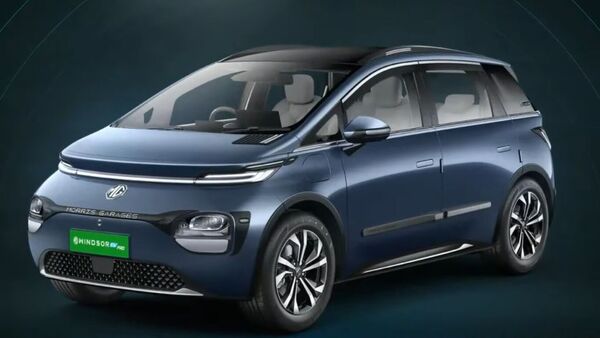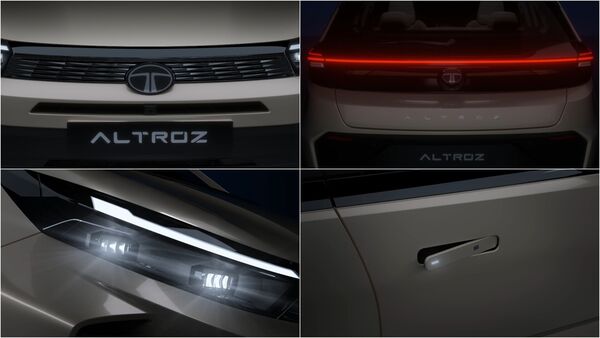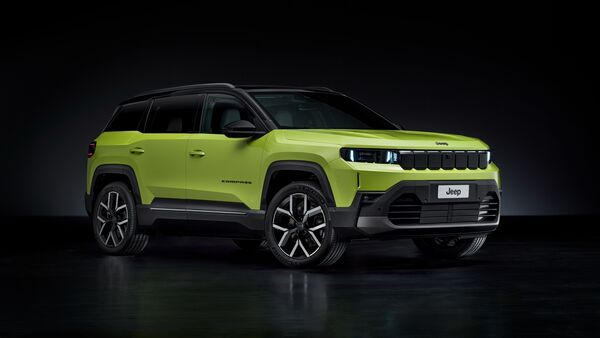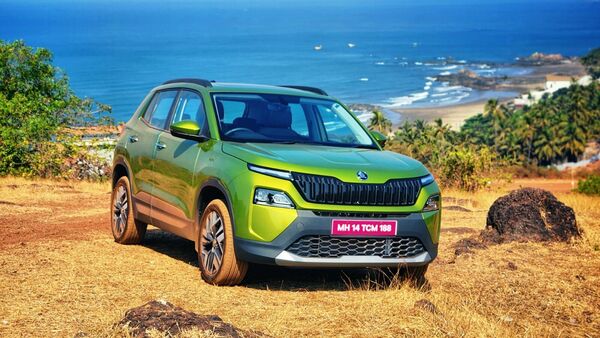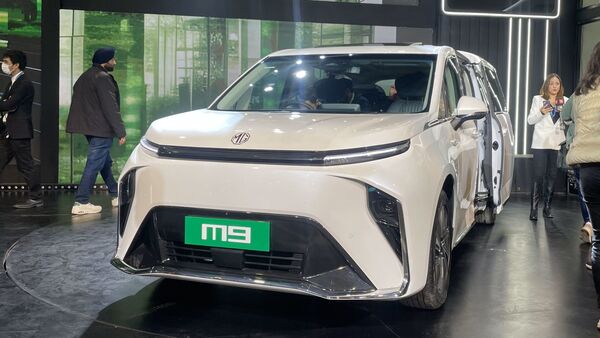
Not against petrol, diesel vehicles: Nitin Gadkari clarifies, but with a rider
7 months ago | 86 Views
India has been actively pushing towards electric vehicles (EVs) and cleaner fuels for some time now, with Nitin Gadkari, Minister of Road Transport & Highways, leading the charge. Although Gadkari has been a strong advocate for cleaner energy in the automotive industry, he recently clarified his stance, stating, "I am not against petrol and diesel vehicles."
Speaking at the 64th ACMA Annual Convention, Gadkari emphasized that while he won’t mandate a transition to greener fuels, market forces will drive the shift. He pointed out that cleaner fuels would ultimately provide more affordable mobility solutions.
Although cleaner fuel vehicles may have a higher upfront cost compared to traditional internal combustion engine (ICE) vehicles, the lower operating costs make them a more cost-effective choice in the long run.
Citing the example of the Bajaj Freedom 125, Gadkari explained that this CNG-powered bike reduces the operating cost from ₹1 per kilometre (for petrol) to just 25 paise per kilometre. Similarly, flex-fuel vehicles can offer 40 per cent savings compared to petrol-powered models, and electric vehicles (EVs) could be up to 60 per cent more cost-efficient. According to Gadkari, these cost advantages will eventually compel automakers to increase their offerings of cleaner fuel vehicles.
Nitin Gadkari: My concerns as a minister
Gadkari highlighted that 40 per cent of India's air pollution originates from the transport sector, asking, "I am the minister responsible for that. Is it good?" He emphasised that ethics, economy, ecology, and the environment form the foundation of society, stating, "We must protect our country from air and water pollution to save our ecology."
He further explained that clean fuel vehicles not only benefit consumers and the environment but also serve the nation's broader interests. With fuel imports amounting to ₹22 lakh crore, India, as an agricultural country, has significant potential to reduce these imports by using cleaner fuel options like ethanol.
Gadkari outlined the government’s focus on solutions that are cost-effective, reduce imports, cut pollution, and are indigenous. He stressed that advancing technology, innovation, and alternative fuels like biofuels is crucial—not only for reducing logistics costs but also for boosting exports, as other countries increasingly seek cleaner energy solutions.
He concluded by noting that automakers who embrace cutting-edge, cost-saving fuel technologies at reasonable prices will thrive. However, those currently enjoying strong sales but unwilling to innovate will face challenges.
Read Also: Top 10 SUVs in August: Brezza takes crown from Punch and Creta
HOW DID YOU LIKE THIS ARTICLE? CHOOSE YOUR EMOTICON !


